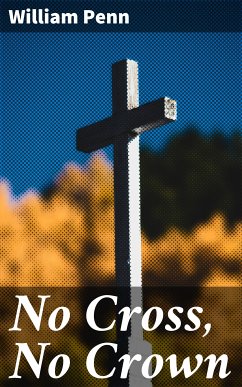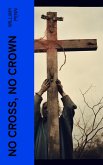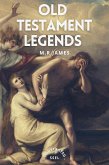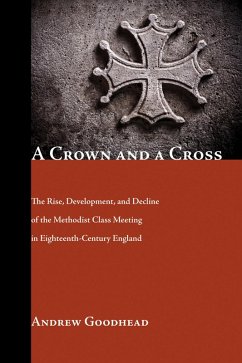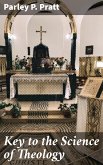In "No Cross, No Crown," William Penn presents a profound exploration of the Christian life through a Quaker lens, emphasizing the necessity of personal sacrifice and spiritual growth. Written in a reflective and didactic style, Penn employs scriptural references and philosophical musings to argue that true faith arises from enduring trials and embracing humility. This work not only serves as a spiritual guide but also contributes to the broader context of 17th-century religious discourse, where questions of conscience, liberty, and the essence of faith were fiercely debated. The book is infused with Penn's characteristic clarity, making complex theological concepts accessible and relatable to the reader. William Penn, a prominent Quaker thinker and founder of Pennsylvania, was deeply influenced by the tumultuous socio-political climate of his time, which shaped his desire for religious freedom and justice. His experiences as a persecuted believer and his commitment to nonconformity informed the writing of "No Cross, No Crown," allowing him to articulate the transformative journey of faith with authenticity and conviction. Penn's philosophical insights and personal convictions lend weight and depth to his work, inviting readers to reflect on their own spiritual journeys. Readers seeking a thoughtful examination of faith's demands will find "No Cross, No Crown" to be both enlightening and challenging. With its timeless themes of sacrifice and transformation, Penn's work calls for a deeper commitment to one's beliefs and encourages readers to reflect on the nature of their own spiritual experiences. This book is essential not only for those interested in Quakerism but for anyone exploring the universality of faith in the face of adversity.
Dieser Download kann aus rechtlichen Gründen nur mit Rechnungsadresse in A, B, BG, CY, CZ, D, DK, EW, E, FIN, F, GR, H, IRL, I, LT, L, LR, M, NL, PL, P, R, S, SLO, SK ausgeliefert werden.

